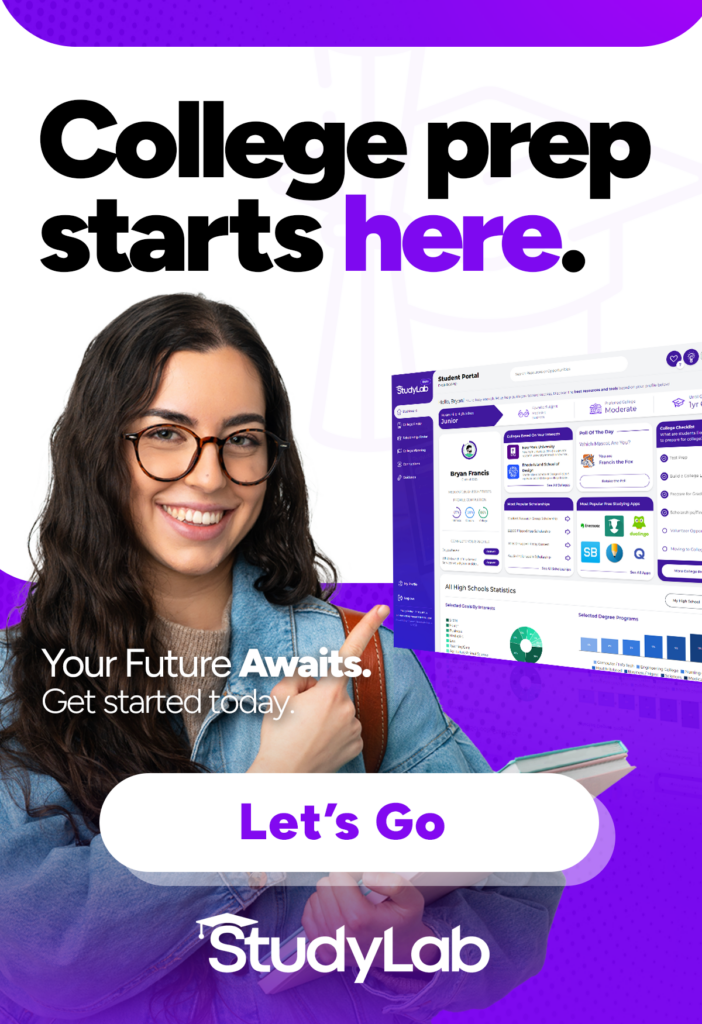As teachers persevere bravely through the resurgence of COVID-19, it is easy to forget that they walk a fine line between helping students and avoiding burnout. At the Student Research Foundation (SRF), we are committed to magnifying the voices of teachers and their students to strengthen education. We have found several articles to encourage you during the final months of the pandemic.
Teachers are not superhumans.
Teachers must take care of themselves so they can take care of their students. Stephen Merrill, Chief Content Officer for Edutopia and a former high school teacher, collected timeless advice from teachers on coping during distance learning. Their insights from early in the pandemic remain relevant today as many districts cycle between in-person and distance learning:
- Be reasonable with yourself. Remote learning inevitably requires trial and error, but you know how to teach.
- Scale back workloads when possible. Everyone is struggling to succeed in distraction-filled environments.
- Avoid isolation. Connect with colleagues and students. Humans are innately social. We just need physical

Teachers are experts on learning, but now forced to experiment in real-time.
Pandemic teaching happens in distraction-filled environments applying unfamiliar strategies. Joe Heim’s collection of teachers’ essays in the Washington Post encourages educators to remember:
- Multiple paths can lead to high-quality educational outcomes. When the usual paths are blocked, detours onto new paths can still create meaningful, high-quality learning experiences.
- Remote learning – even hybrid learning – requires experimentation. If you seem a bit less perfect than normal, take heart. Some students may now see you as a little more approachable.
- Teachers are learners. Some of your pandemic innovations may be so good they will outlive Covid-19.
A return to better.
Prior to Covid-19, teachers nationwide rated 14 aspects of their educational environment. Their responses, summarized in SRF’s Teacher Satisfaction report, provide insights into ways policymakers and advocates can ensure we return to a normal better than before – and limit expected teacher shortages.
- Re-invest in education. Teacher satisfaction was lowest when it came to salaries. Cutting education budgets will likely fuel teacher shortages in the wake of the pandemic experience.
- Invest in administrator training. Administrators matter. Teachers satisfied with administrator support are more positive about their workplace – even when less than satisfied with pay.
- Re-evaluate testing. Satisfaction with testing seems to encourage teacher collaboration and student engagement – both critical to making up ground lost during the pandemic. Unfortunately, teachers’ satisfaction with testing is almost as low as their satisfaction with salaries.
Drawing on these three articles, SRF encourages teachers to:
- take care of yourself first so you can be there for students.
- embrace a growth mindset since pandemic education requires experimentation.
- remind policymakers that teachers and students need a return to a better
The Student Research Foundation supports high school faculty and students with research, scholarships and resources for college and career planning. Share your voice through our teacher surveys. Encourage students to share their voices through our surveys. Let us help you connect your students with resources to build brighter futures. Follow SRF (@SRF_HQ) and me on Twitter (@michaelconn_ny). Learn more at: www.StudentResearchFoundation.org
Michael Conn, Ph.D.
Executive Director
Student Research Foundation
Related Posts
America’s Teachers Face Harder Decisions about Returning to School
Teachers, Why Not Make Facebook and LinkedIn Groups Your New Way to Connect?
Resistance to Returning to Public Schools this Fall Is Running High

